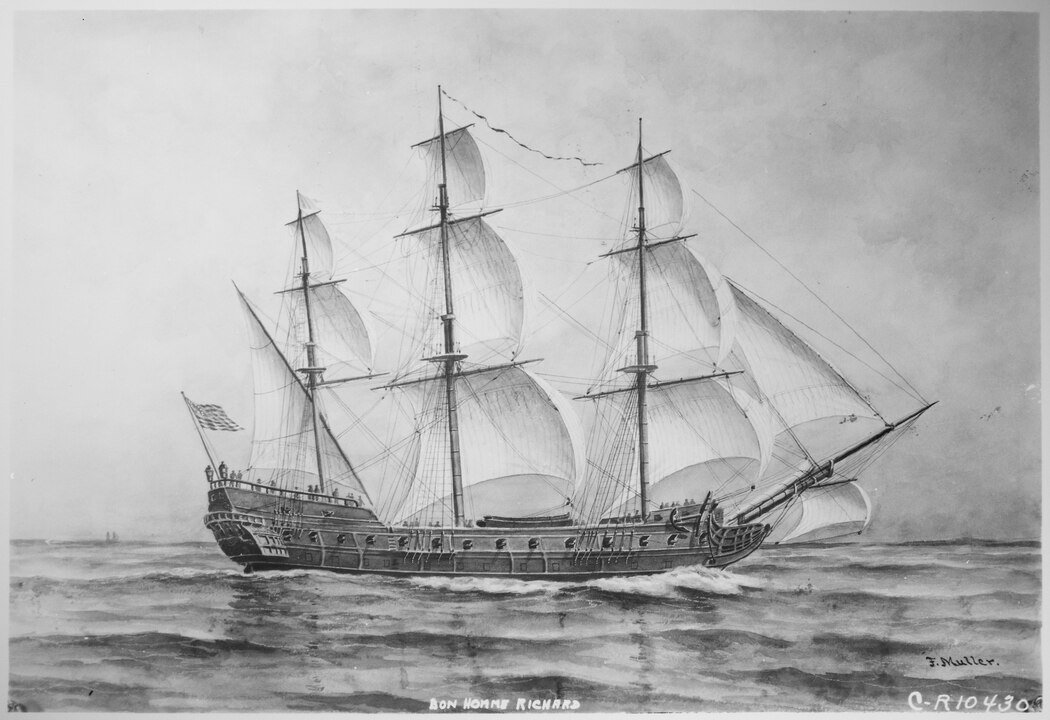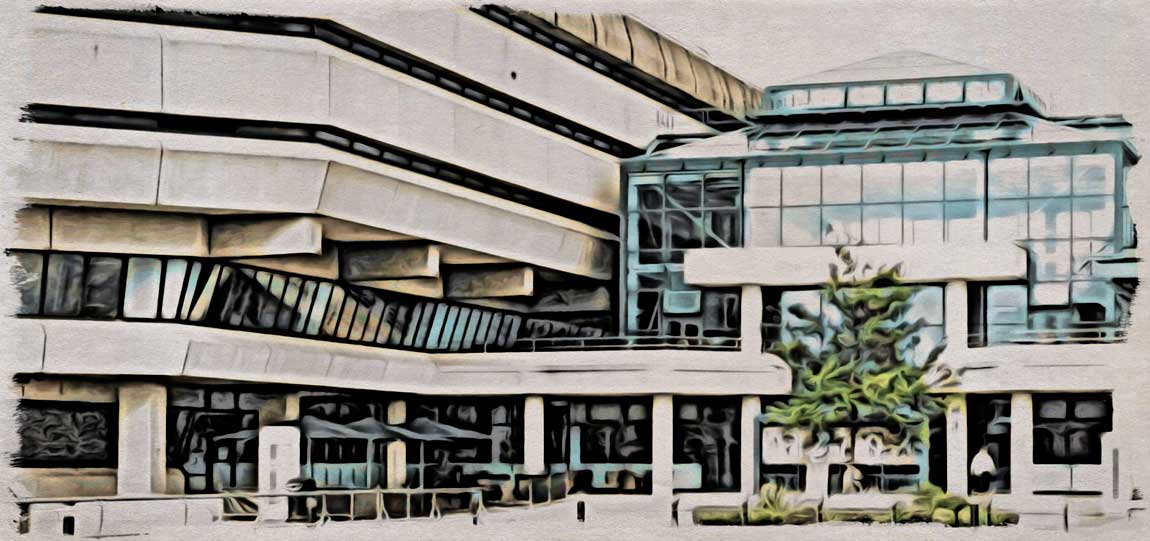
Captain’s log 1819108
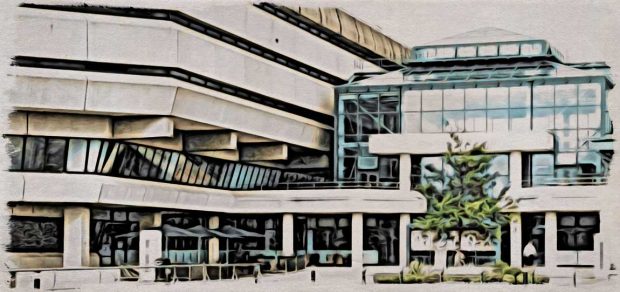
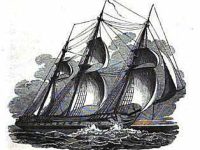 I’ve just completed five days of research for my Pennell Projects at the British National Archives at Kew. (And a couple of weeks earlier I spent the afternoon at the British Library in London).
I’ve just completed five days of research for my Pennell Projects at the British National Archives at Kew. (And a couple of weeks earlier I spent the afternoon at the British Library in London).
William Pennell was a diplomat and a spy under diplomatic cover from 1814 to 1832. That meant I had a lot of ground to cover and limited time to do it. The Foreign Office Archives contain most of his dispatches first from Bordeaux, a time when the British reestablished diplomatic relations with Bourbon France and then had to flee during Napoleon’s “One Hundred Days.” Pennell, with the cooperation of the Royal Navy had to coordinate the hurried evacuation of the British in the city.
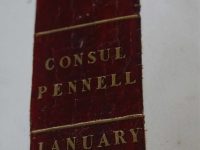
Pennell served as Consul in Bordeaux until 1817 when he transferred to Bahia, Brazil, where he carried out normal consular duties. His main assignment was to report intelligence on the South Atlantic slave trade to the Foreign Office and to also provide intelligence to visiting Royal Navy ships.
Pennell’s involvement with the Royal Navy meant that I aslo had to research the log books of the various ships involved in both the evacuation of Bordeau and the West Africa Squadron that was tasked to try to stop the South Atlantic slave trade. Bahia was the largest slave port in the Americas.
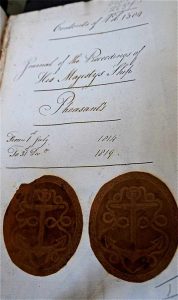
The captain’s log of HM Sloop Pheasant, 1819. HMS Pheasant commanded by Commander B. Marwood Kelly, was one of the early ships assigned to the West Africa Squadron. While both Great Britain and the United States had outlawed the Atlantic slave trade in 1807, that law only applied north of the equator. Spain and Portugal (and other countries) were technically free to buy slaves and traffic them south of the equator. The main locations for the slave trade, however, were on the “Slave Coast” in the Bight of Benin and the Bight of Biafra, north of the equator. Intercepting the slave ships was the task of the underresourced West Africa Squadron.
In October, 1819, HMS Pheasant intercepted a Brazilian slave ship. Commander Kelly put a prize crew on board to take the slave ship to Freetown, Sierra Leone for court judgement. The prize never arrived and what happened to that slave ship, its prize crew, the slaves and the Brazilians is one of the stories I will tell in my book project.

